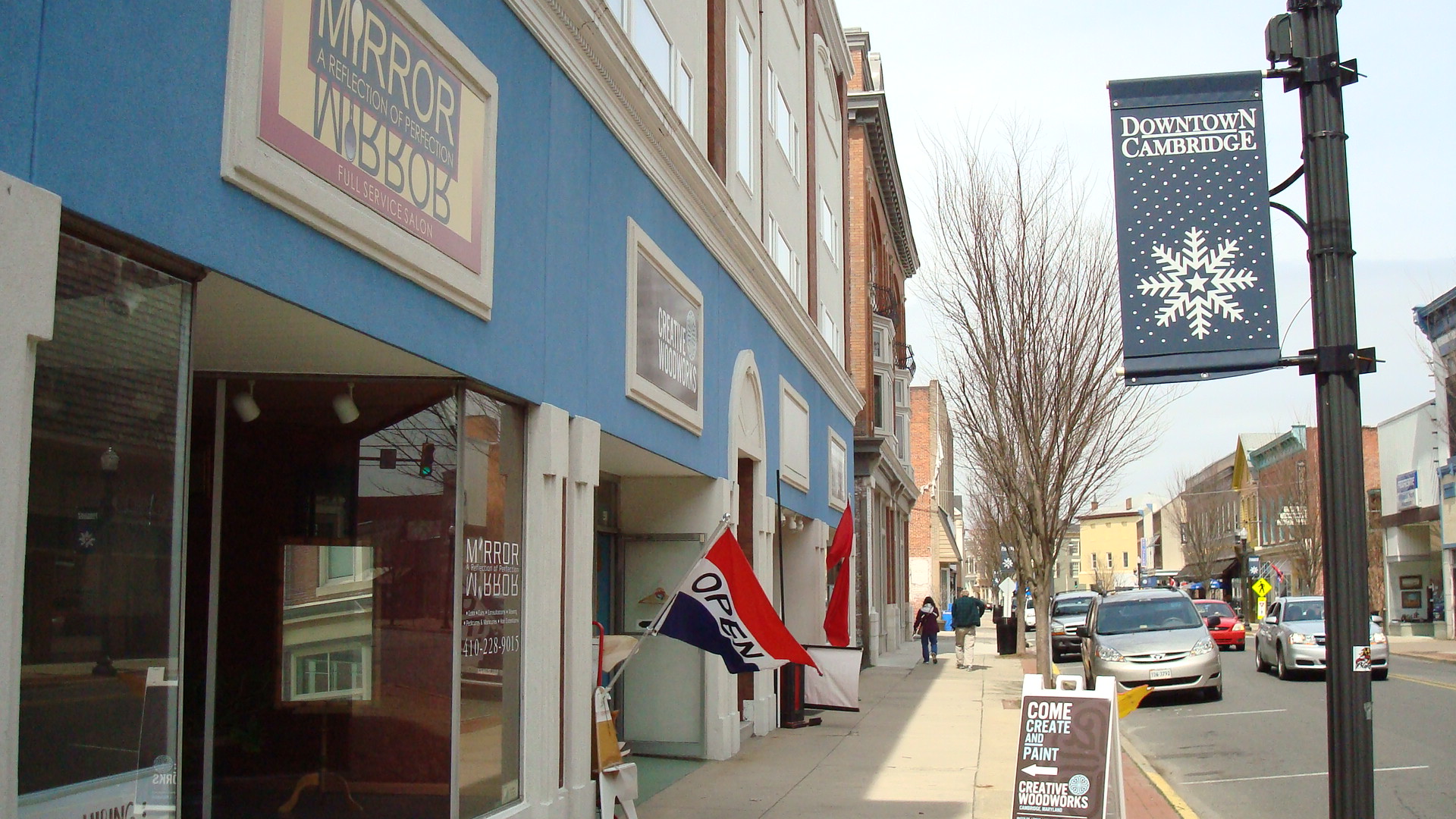Asset-Based Economic Development and Community Revitalization

In an era when people are increasingly untethered to a specific place because of a job, communities need to accentuate their strengths and cultivate a unique identity to stand out from the crowd and attract residents. To the extent that people have the ability to choose where they live, something has to attract their attention, and while cost of living, good schools and low crime rates remain large drivers of these decisions, more and more people are also drawn to places because of factors such as a busy main street filled with interesting restaurants, shops and entertainment venues; easy access to great parks and bike paths; the historic character of the housing stock; the ability to access most daily needs without having to drive; clear support for entrepreneurs; or diversity of people.

The Maryland Department of Planning recognizes the role of "quality of place" in attracting and retaining residents and businesses and fostering long-term vitality. We encourage communities to take stock of their unique assets - cultural, historic, scenic, human, ecological, institutional, business - and build on them. Enhancing a community's existing, inherent strengths and identity for the benefit of residents helps to retain residents, as well as attract new residents. These residents, in turn, provide a customer base for local businesses, contribute to the tax base, and may decide to open a business in the community.
This strategy is relevant to towns, cities and suburbs of all sizes and in a range of contexts; it also aligns closely with Maryland's Main Streets, Heritage Areas and Sustainable Communities programs. The Maryland Department of Planning works closely with colleagues in other state agencies, such as Commerce and the Department of Housing & Community Development, to provide local jurisdictions with revitalization and redevelopment technical assistance. In addition, Planning is developing a place-based economic development and revitalization on-line resource center, for use by local jurisdictions and other interested parties.